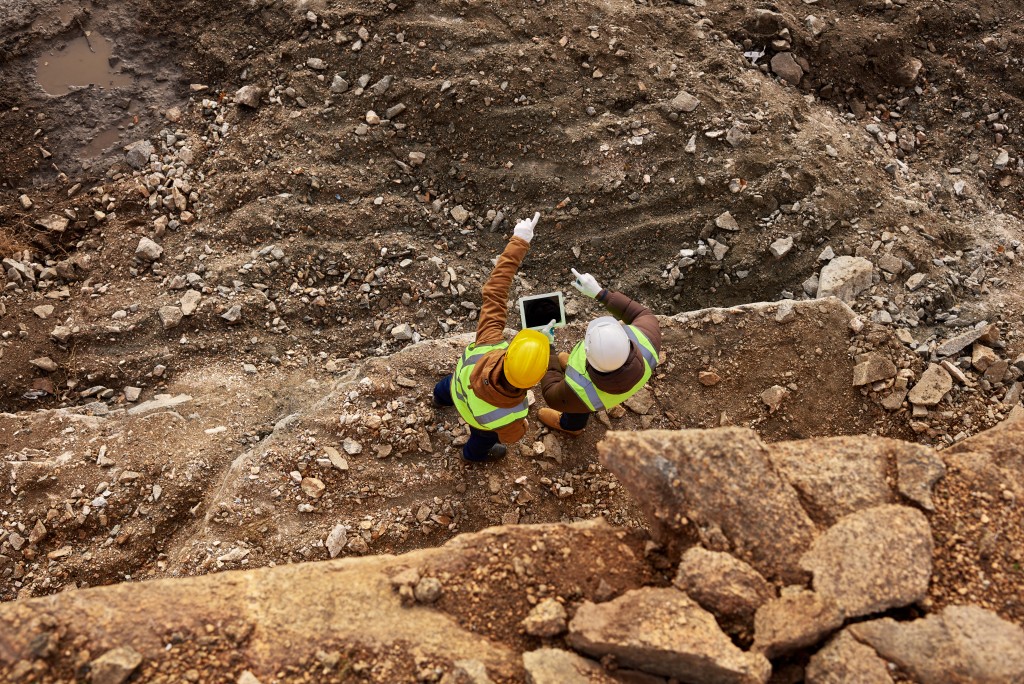Disclaimer: This website provides health information for educational purposes only and is not a substitute for professional medical advice, diagnosis, or treatment. Always seek the guidance of a qualified healthcare provider with any questions you may have.
The Mining Industry
Mining is one of New Zealand’s primary industries as the country is inherently rich in natural deposits of silver, coal, gold, limestone, and other minerals. The country is globally ranked in the top 30s in iron ore and gold production which is why the mining industry in the country is highly regulated to ensure the safety and health of its many workers. This is done through legislation requiring strict compliance to health and safety standards, as well as requiring mining operations to have a health and safety management system and hazard management system.
However, despite all these legislative safeguards, the mining industry in New Zealand is ranked among the top industries in the country with work-related injury claims as of 2017. This is why it’s essential to be reminded of the aforementioned safety regulations and to take extra steps in improving the health and safety of workers in mining operations.
In-Depth Professional Training
Training shouldn’t be treated as just a formality or an activity done to comply with industry safety standards. All of your staff (both old and new) should undergo safety training. Even your most seasoned and tenured staff should be required to undergo refresher courses. Your mining company should invest in effective professional safety and operational training sessions with both lecture and practical component that covers everything from personal protective equipment, mining hazards, first aid, and safety protocols in case of an incident, as well as proper usage of tools and other operations-based topics. After all, no high-tech safety measures, equipment, and gear can substitute adequate training.
Quality and Well-Maintained Safety Gear
All your safety gear should be of high quality so that they serve their purpose of protecting your workers and should be well-maintained and cleaned to ensure that they continue to function as intended. Different safety gears have various safety certifications and standards, and you should select ones that are designed specifically for mining operations. Helmets with cracks and other damaged gear should no longer be allowed for use and must be replaced.
Appropriately-Sized Gear
Additionally, the PPEs you have in stock should come in different sizes to ensure both comfort and proper functionality — loose-fitting helmets, masks, gloves, and/or footwear would be uncomfortable and hard to work with, and may not function as well in terms of protection. So make sure that all your workers are equipped with quality gear and appropriately-sized safety gear. Lastly, consider getting your equipment from safety gear and workwear uniforms suppliers in NZ that can personalise the gears to provide a more professional look to your operations and also promote workforce unity.
Improve Communication
Many workplace-related injuries, not just in mining operations, are due to poor communication. As such, you should have standard communication protocols in place (which should also be included in training) so that everyone is continuously updated with regards to workers’ locations, possible hazards, and equipment use. Excellent communication is key in having people become aware of and avoid potential dangers (of which there are many in the mining industry).
Be Updated With Safety Standards
Lastly, you should be aware of any updates and changes in safety standards. This also means that you have to check for news and updates with regards to machinery, equipment, and gear that your mining operations use as they may no longer satisfy newer safety standards.
Conclusion

While productivity is a major focus in mining operations, worker health and safety should be treated just as important (if not more so) as it can have a huge impact to your mining operations as a whole. So make sure that you don’t only comply with what’s required by law, but take the extra steps to ensure your workers’ health and safety. As an added bonus, you’d be lowering worker turnover and improve morale if they see that you’re going the extra mile to keep them safe and healthy.




